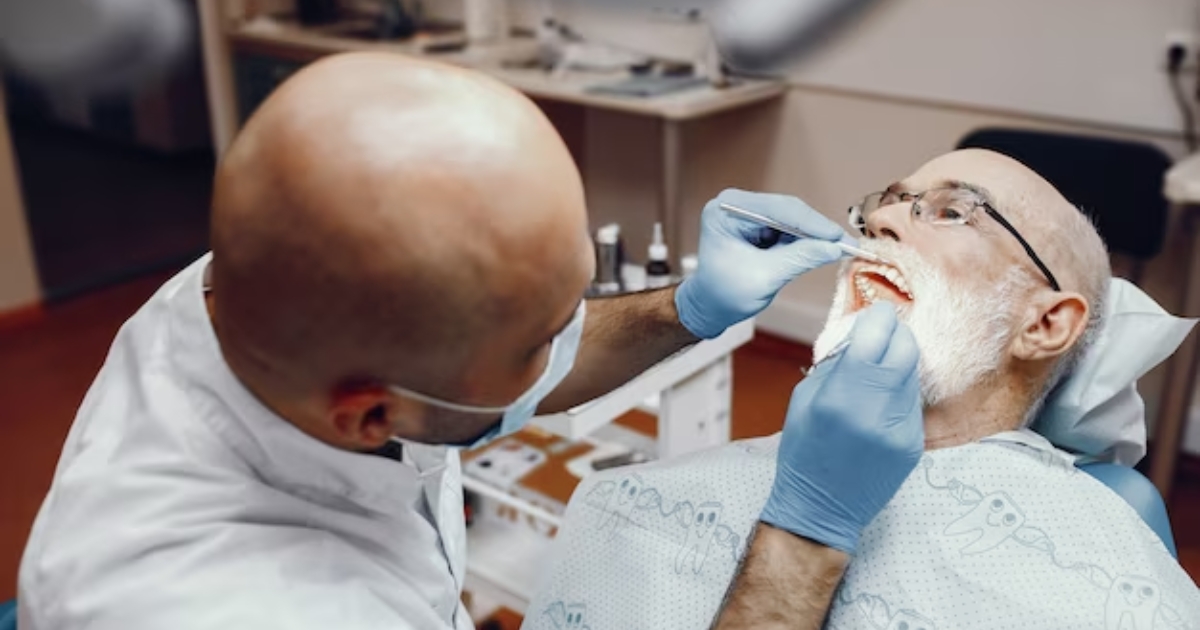San Jose, CA
Why Smokers Need More Frequent Dental Cleanings?


Smoking is not only harmful to oral health but also significantly affects human bodies. The main problem is that people often overlook the effects of smoking on oral health. You will always find dentists recommending additional dental cleaning sessions for those who are regular smokers. They do it for a good reason. You might be amazed to know that smoking accelerates dental issues, including gum disease, plaque buildup, and even tooth loss. Nothing can be better than quitting smoking, and if you can’t, at least undergo regular dental cleanings. Let us understand in detail why smokers require dental cleanings more frequently and how you can maintain better oral hygiene.
Tobacco Increases Plaque And Tartar Buildup
The harmful chemicals present in tobacco can affect the normal functioning of the saliva. You might not know, but saliva effectively neutralizes the acids and washes away food particles. While your saliva fails to work correctly, there are higher chances of plaque turning into tartar. Professional dental cleanings in San Jose can only eliminate tartar, as brushing alone might not be enough. We all know what tartar can do to teeth if not removed quickly. Non-smokers are recommended to visit the dentist every 6 months for dental cleanings; smokers should do so once every 3 months.
Higher Risk of Gum Disease in Smokers
Gum disease, also termed periodontal disease, is a serious oral condition that can lead to permanent tooth loss. Additionally, infections in the gums can also quickly spread to other parts of the body. Do you know why smokers are prone to this particular problem? Tobacco contains high levels of toxins, which restrict blood flow to the gums and damage the gum tissues. Signs of gum disease are hard to detect, especially amongst smokers, due to restricted blood flow. Under such circumstances, visiting your dentist for dental cleanings is even more essential.
Delayed Healing And Increased Complications
The healing process for smokers after undergoing any dental procedure, including extractions and oral surgeries, is generally slower. The primary reason for this is that nicotine restricts the blood vessels, reducing the oxygen supply. There can also be further dental complications, including infections, for smokers while they go through a recovery phase. Bacteria are naturally found in our mouths, and professional dental cleanings can help reduce their presence. It will further help to minimize the chances of oral complications. Smoking and negligence towards professional oral care together can be a deadly combination.
Aesthetic Concerns: Stains and Bad Breath
Smoking causes deep stains on the teeth due to the tar and nicotine in tobacco products. These stains are difficult to remove with at-home brushing and whitening products. Smokers also frequently experience halitosis (bad breath), which is caused by dry mouth and bacterial buildup. Professional cleanings help remove surface stains and reduce odor-causing bacteria, giving smokers a cleaner, fresher smile.
Oral Cancer Risk and the Need for Monitoring
Smokers are at a significantly higher risk for oral cancer, including cancers of the lips, tongue, cheeks, and throat. Dentists are trained to spot early signs of oral cancer during routine cleanings. For smokers, these visits offer a critical opportunity for early detection, potentially saving lives. Skipping cleanings can allow cancerous or pre-cancerous conditions to go unnoticed until it’s too late.
The Bottom Line On Smoking And Dental Health
Forget about everything that has been discussed in this blog and try to quit smoking first. If you can’t, you must be proactive in maintaining your oral health. Frequent professional dental cleanings can significantly reduce the oral risks associated with smoking. Do you know that oral cancer has close links with tobacco? Hence, when you visit a dentist for a cleaning, they can conduct a comprehensive oral exam and oral cancer screening. Are you a smoker? Schedule an appointment for a dental cleaning today, without further delay.




